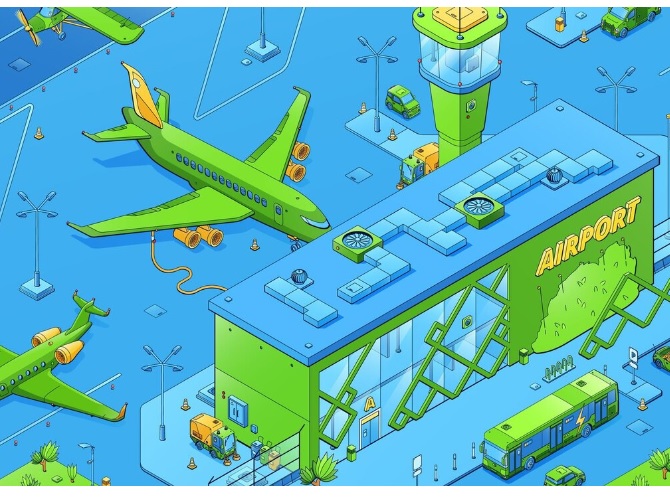The Malaysian government has announced a partnership between state-owned oil company Petronas and major palm oil producers to develop sustainable aviation fuel/ SAF from palm oil waste. This initiative, part of the government’s 2025 federal budget, aims to strengthen Malaysia’s palm oil sector, which is one of the largest in the world and a key national export. However, the use of palm oil as a feedstock is contentious in many Western nations, where the expansion of commercial palm plantations is often linked to deforestation and wildlife displacement, reported Green Air News.
Prime Minister Anwar Ibrahim revealed the collaboration during the budget presentation, although details were limited. The plan did not specify production volumes or timelines but indicated that Petronas’s involvement is part of a broader endorsement of the palm oil industry. The sector will receive incentives totaling 100 million Malaysian ringgit ($23 million) to replace aging palm trees with new crops.
The Prime Minister also urged major palm oil companies to assist small landholders by providing improved seeds and fertilizers, while allocating 65 million ringgit ($15 million) to counter negative perceptions of palm oil in Europe, though specifics of this campaign were not detailed, the media report further added.
Meanwhile, Malaysia Aviation Group (MAG), which oversees Malaysia Airlines, has joined the national CEO Action Network focused on sustainability, aiming to enhance diversity and promote climate action within the aviation sector. Datuk Captain Izham Ismail, Group Managing Director of MAG, emphasized the alignment of this initiative with the company’s sustainability and decarbonization goals.
Across the border in Thailand, Bangchak Corporation has begun supplying blended SAF to Bangkok’s Suvarnabhumi and Don Mueang airports as part of a pilot program aimed at preparing infrastructure for SAF production. The company has invested over 8.5 billion Thai Baht ($250 million) in developing SAF from used cooking oil, with plans to commence production in early 2025 at a capacity of 1 million liters per day.
In Singapore, Neste is set to deliver a second batch of 500 tonnes of blended SAF to Changi Airport, following a previous shipment. The Singapore Airlines Group had earlier purchased 1,000 tonnes of SAF from Neste’s refinery. Singapore’s government has mandated that from 2026, at least 1% of the fuel used by departing flights must be SAF, with targets to increase this to 3% to 5% by 2030.





